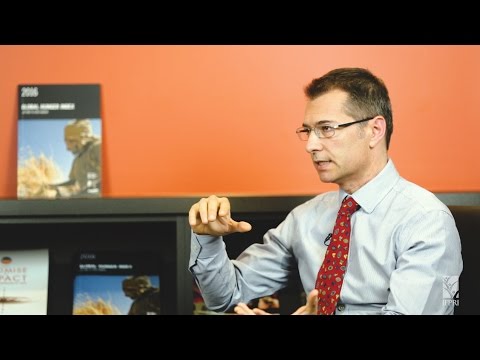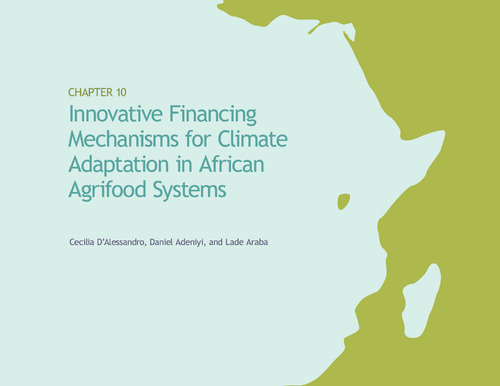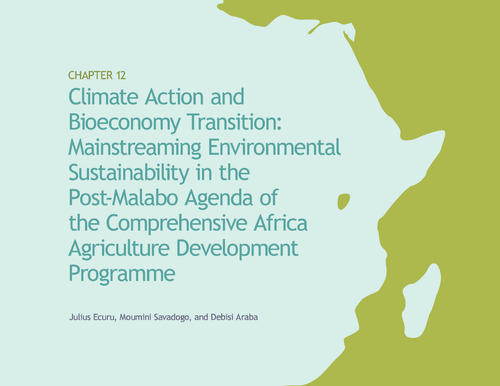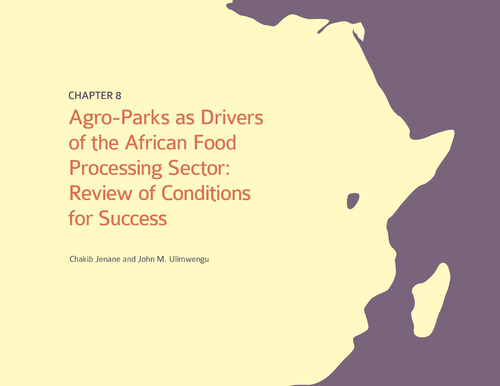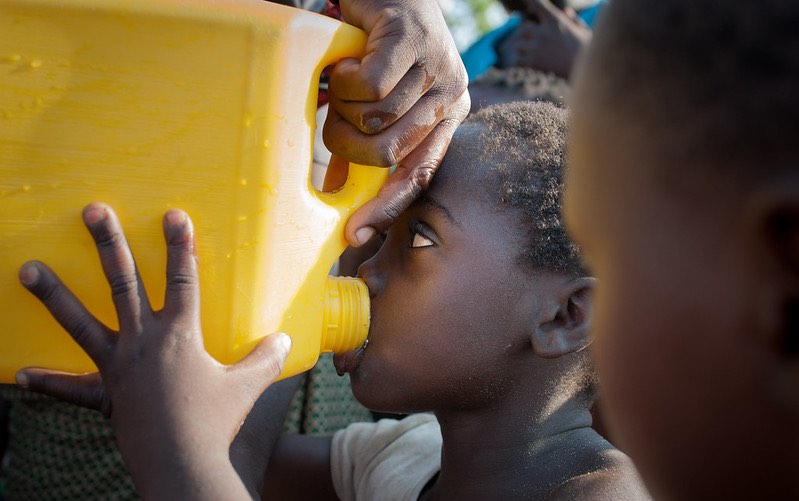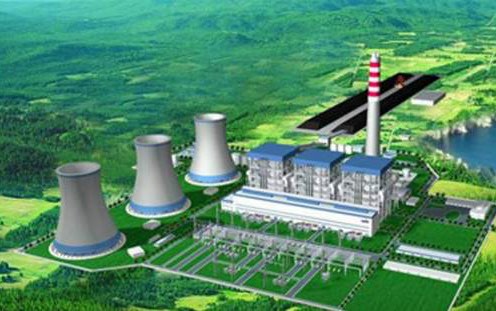Food systems fundamentally influence the environment of the planet, the livelihoods of billions of people (including most of the world’s poor), and the nutrition of every human being. Robust food systems can serve as catalysts for achieving the Sustainable Development Goals, but their current weaknesses are major sources of vulnerability to a variable and changing climate.
IFPRI’s Knowledge Lab on Climate-Resilient Food Systems will identify and deploy innovative approaches to achieving resilient food systems in a context of climate change. The Knowledge Lab, an integral element of IFPRI’s strategic focus on fostering a sustainable food supply, rests on three operational pillars: building expertise, collaborative research, and partnership for impact.
The efforts of the individuals and institutions supported by IFPRI’s Knowledge Lab will make significant contributions to improving key indicators of food system resilience. The result will be improvements in human welfare, more rapid agricultural growth and transformation, reduced reliance on food assistance, better nutrition, less environmental degradation, and greater equality. The Knowledge Lab will promote beneficial outcomes for the poor and vulnerable and will directly contribute to several Sustainable Development Goals: 1 (no poverty), 2 (zero hunger), 5 (gender equality), 6 (clean water and sanitation), 7 (affordable and clean energy), 11 (sustainable cities and communities), 13 (climate action), 15 (life on land), and 17 (partnerships for the goals).




